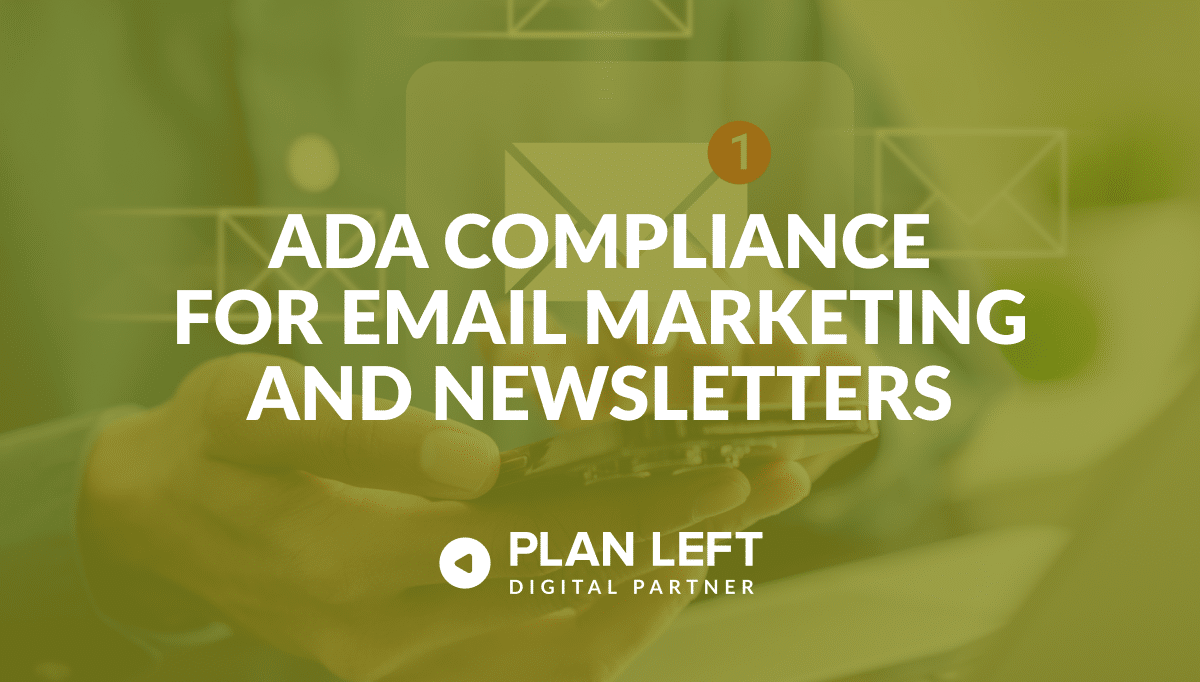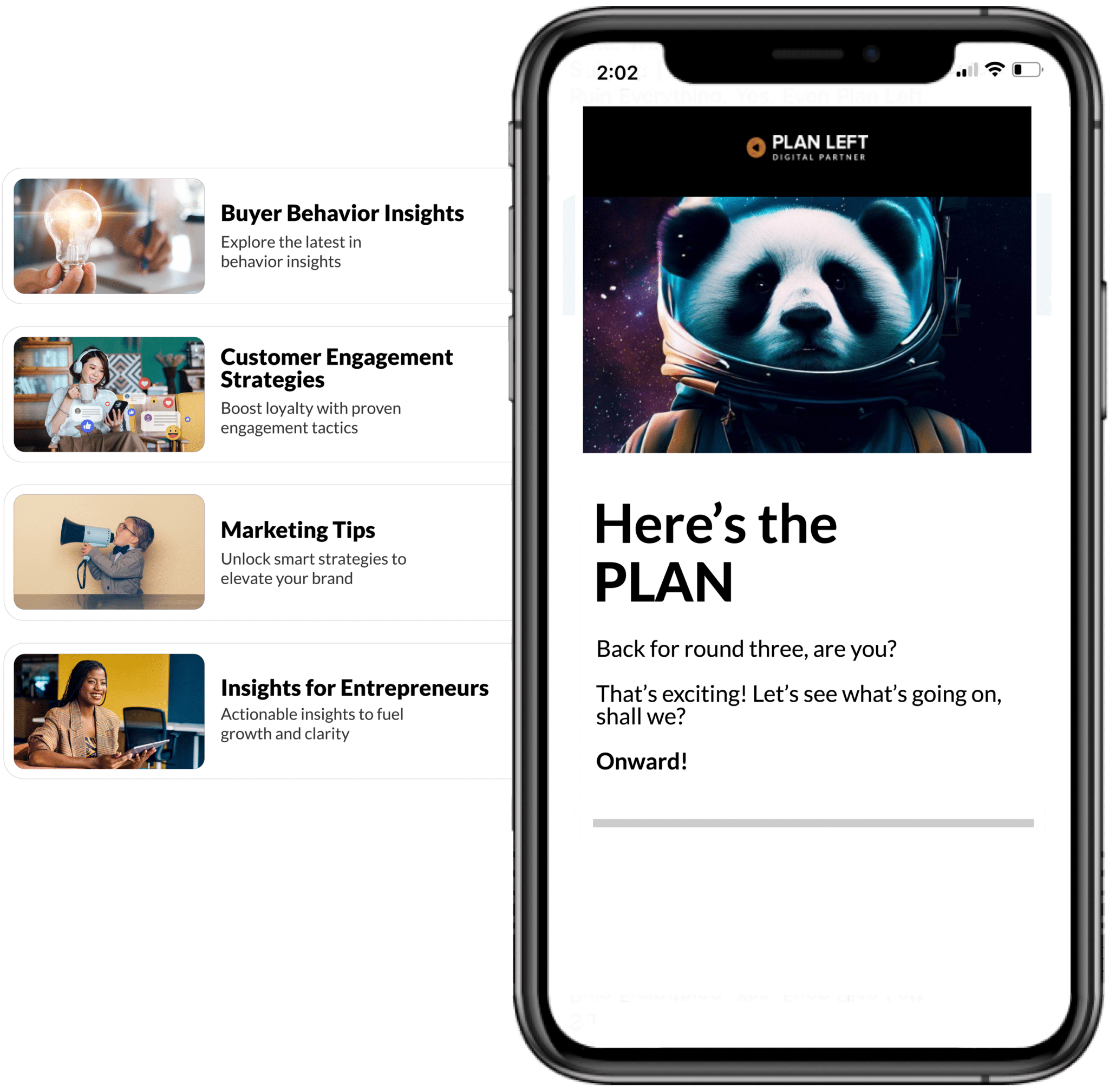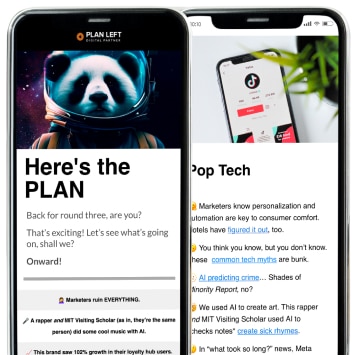
Email marketing remains a powerful communication channel, yet millions of users with disabilities struggle to engage with digital content that wasn’t designed with their needs in mind. Creating accessible email campaigns represents more than regulatory compliance—it opens doors to expanded audiences and demonstrates genuine commitment to inclusive communication.
The Importance of Accessibility in Email Marketing
The legal landscape surrounding digital accessibility continues to evolve, with the Americans with Disabilities Act (ADA) increasingly applied to digital communications. While the ADA doesn’t explicitly mention email marketing, courts have consistently ruled that businesses must provide equal access to their digital communications.
Market Impact and Business Opportunities
Accessible email design delivers measurable business impact. When your communications reach users who rely on screen readers, keyboard navigation, or other assistive technologies, you’re tapping into a market segment that represents over 26% of the adult population. These users often demonstrate strong brand loyalty to companies that prioritize their needs.
Broader Benefits of Inclusive Design
The ripple effects of inclusive email marketing extend beyond the disability community:
- Clear headings improve overall readability
- Descriptive link text enhances user experience
- High contrast ratios make content easier to read
- Semantic HTML ensures consistent display across devices
Key Accessibility Challenges in Email Design
Email accessibility faces unique obstacles that don’t exist in traditional web development. Email clients often strip out advanced CSS and JavaScript, forcing marketers to rely on fundamental HTML structure and careful design choices.
Critical Considerations
Screen reader compatibility presents significant challenges. These assistive technologies interpret email content differently than web pages, making it crucial to understand how semantic markup translates across various email environments.
Common barriers include:
- Images without alternative text
- Poorly structured tables
- Color-dependent information
- Inconsistent rendering across email clients
Technical Strategies for Accessible Email Design
Semantic HTML and Structural Integrity
Semantic HTML forms the foundation of accessible email design. Using proper heading tags creates a logical content hierarchy that screen readers can navigate efficiently. Instead of relying on font size and color to indicate importance, semantic markup provides context that assistive technologies can interpret.
Alt Text and Visual Content
Alt text implementation requires strategic thinking:
- Decorative images should use empty alt attributes
- Informational images need descriptive text
- Complex graphics may require detailed descriptions
- Consider linking to accessible alternatives
Tools and Technologies for Email Accessibility
Modern email accessibility testing requires specialized tools that understand the unique constraints of email environments. While general web accessibility checkers provide insights, email-specific validators can identify issues that only surface in various email clients.
Validation and Compliance
- Integrate accessibility features in email template builders
- Test with actual screen readers
- Review content with users who have disabilities
- Regularly audit email templates
Accessibility as a Competitive Advantage
Forward-thinking organizations recognize that accessibility improvements often drive innovation that benefits all users. The constraints of creating inclusive email design push marketers toward:
- Cleaner code
- Clearer messaging
- More intentional user experiences
The Future of Inclusive Communication
Businesses that invest in accessible email marketing now will find themselves well-positioned as accessibility requirements become more stringent. Rather than viewing accessibility as a burden, visionary marketers understand it as an opportunity to demonstrate innovation, empathy, and commitment to serving all customers with excellence.
The future of digital communication accessibility points toward increased regulation, improved assistive technologies, and growing consumer awareness of inclusive design. By creating emails that truly work for everyone, you’re not just meeting a requirement—you’re leading the way in thoughtful, inclusive communication.
Explore Latest Posts
The Real ROI of Digital Marketing: 5 Metrics Beyond Clicks That Actually Matter Your marketing agency just sent over this ... read more
January 15, 2026
How to Know When DIY Marketing Is Costing You More Than An Agency Would Every founder starts somewhere, and for ... read more
January 13, 2026
5 Signs Your Business Is Ready to Own Its Marketing (Without an Agency) The default assumption in business is that ... read more
December 31, 2025
Essential Strategies for Entrepreneurs
Get Actionable Business Insights & Marketing Tips
Our newsletter delivers real-world strategies from entrepreneurs who’ve been exactly where you are.
Sign up now for:
- Actionable growth strategies that work
- Insider tactics for attracting top talent
- Real-world case studies from successful founders
- Emerging tech trends that drive innovation
- Pragmatic marketing approaches for visionary leaders




